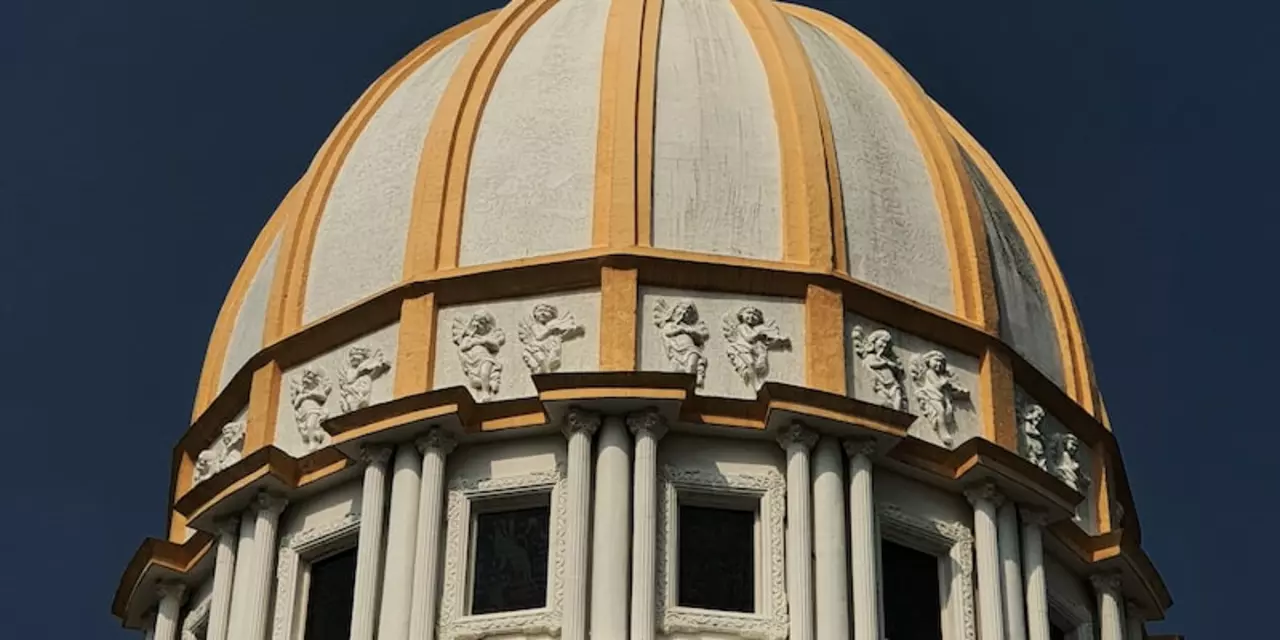Colonial Period – What You Need to Know
Ever wonder how the British rule shaped modern India? The colonial period is full of drama, reforms, and resistance that still echo today. On this page you’ll get straight‑forward facts, real‑life stories, and a look at why this era matters for everyone.
Key Events that Defined the Era
From the first settlements in the 1600s to the 1947 independence, the timeline is packed with milestones. The East India Company started as a trading house, then took control of huge territories after battles like Plassey (1757) and Buxar (1764). The 1857 revolt, often called the First War of Independence, forced the Crown to take over, leading to direct British administration.
Each of these turning points brought new laws, railways, and education systems. While some reforms helped build infrastructure, they also served colonial interests. The railways, for example, made it easier to move troops and raw materials across the subcontinent.
How the Colonial Rule Affected Everyday Life
Living under British rule meant paying taxes in cash, not rice, and adapting to new legal codes. Many Indians found work in the railways or civil services, while others faced hardships like famines that were worsened by export policies. Social reforms, such as the abolition of sati, showed both positive change and the complexity of cultural interference.
Culture didn’t stay untouched. English became a key language for education and official business, creating a new class of professionals who later led the independence movement. Newspapers, clubs, and sports like cricket introduced new ways of thinking and socializing.
So why does the colonial period still matter? The borders, legal systems, and even some bureaucratic habits we see today trace back to that time. Understanding these roots helps explain current debates about land rights, language policies, and economic development.
On this tag page you’ll find posts that break down the major battles, profile freedom fighters, and explain how colonial policies still influence life in India. Whether you’re a student, a history buff, or just curious, the articles are written in plain language and give you practical takeaways.
Ready to dive deeper? Browse the posts below, pick a story that catches your eye, and see how the past still shapes the present. The colonial period isn’t just a chapter in a textbook – it’s a living part of India’s story.
Christianity in India has a history of at least two thousand years. It is believed that it was first introduced by the apostle Thomas, who is said to have come to India in the first century AD. Subsequently, it spread throughout the country, and today there are many Christian communities in India. The Portuguese and other European missionaries played a major role in the spread of Christianity in India during the colonial period. Christianity has been an integral part of Indian culture and society, and has made a significant contribution to the development of the country.
